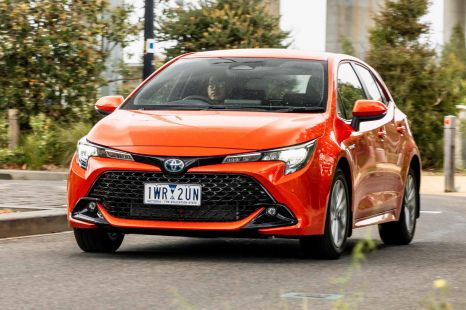

Max Davies
2025 Toyota Corolla SX review
5 Days Ago
The launch of the Nissan Ariya in New Zealand is on the rocks, but it's smooth sailing for the electric SUV here... we just don't know when it'll dock.

News Editor


News Editor
The Nissan Ariya’s New Zealand launch has been “withheld”, but the electric SUV is still coming to Australia.
However, the company still has yet to officially confirm local launch timing for its Tesla Model Y rival.
“Due to the volatility in the New Zealand electric vehicle market, Nissan has decided to hold the launch of Ariya in New Zealand. Further announcements will be made when available,” a Nissan Australia spokesperson said in a statement to CarExpert.
“Nissan remains committed to bringing its electrified models to markets when it makes sense for customers and the business.”
The spokesperson added the New Zealand announcement has no impact on Australia, with the electric SUV still on track to come here. Launch timing will be announced “soon”.
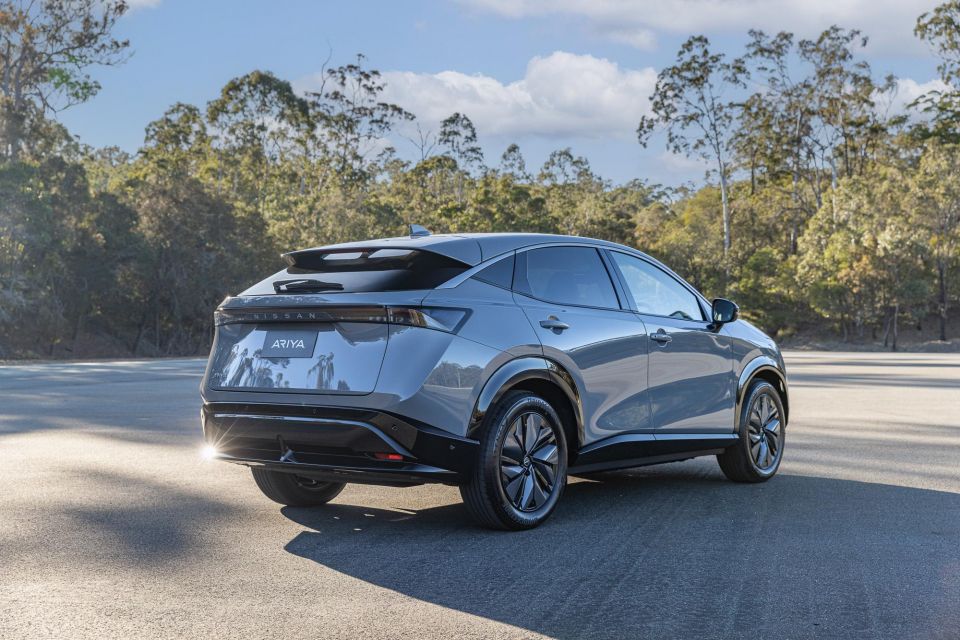
The Ariya was revealed in production guise all the way back in July 2020 but almosteveryyear since then, CarExpert has checked in with Nissan and been told it was working on bringing the EV here – but the company has never provided launch timing.
The vehicle’s launch was delayed globally to 2022 due to the semiconductor chip shortage, but it was only in June 2023 when Nissan Australia confirmed it would eventually make the trip Down Under – which shifted the dial from “the company wants it” to “Australia is getting it”.
It’s unclear which variants will be offered here, as the Ariya is offered with a choice of 63kWh and 87kWh batteries and single-motor front-wheel drive or dual-motor all-wheel drive powertrains.
There’s also a hotter Nismo version, which was revealed earlier this year.
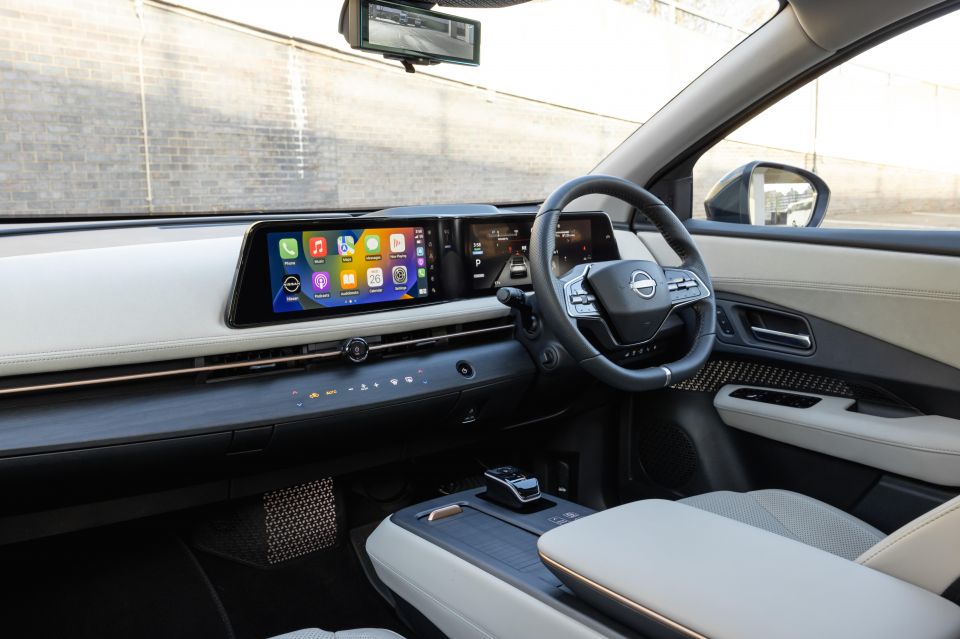
Motoring NZ reports word from Nissan that the Ariya launch in New Zealand is no longer set in stone despite pricing being settled in February, a pre-sale advertising campaign starting recently, and at least one vehicle already going out to media for testing.
Of course, the New Zealand electric vehicle (EV) market is dramatically different to ours, with a generous federal EV incentive program having been in place before being axed late in 2023.
As a consequence, Motoring NZ reports sales of new EVs have plunged from 27 per cent of the NZ market to just eight per cent so far this year.
This drop in demand has also seen Renault’s New Zealand distributor axe the related Megane E-Tech before it could reach showrooms.
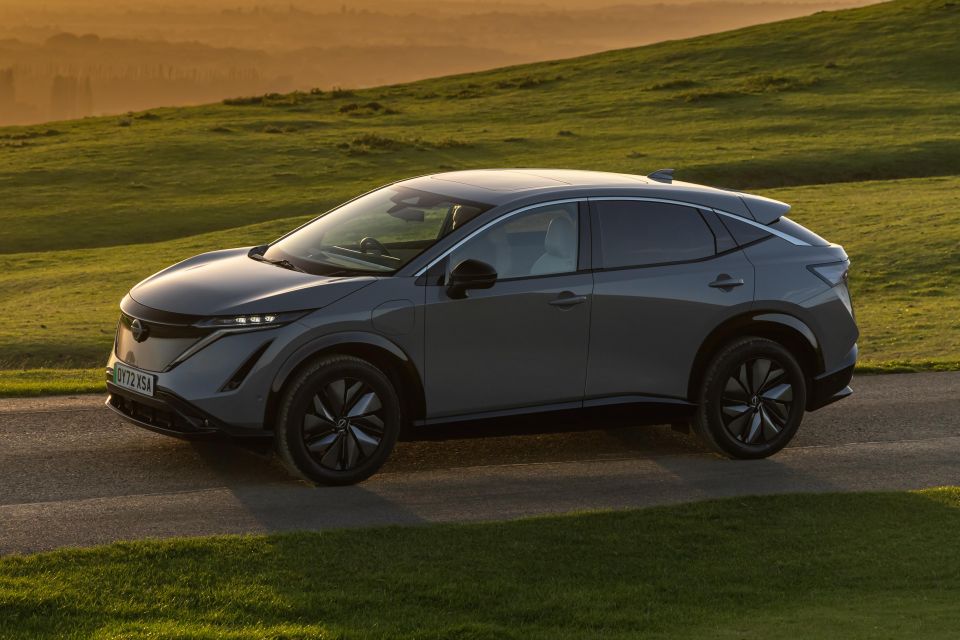
The New Zealand National government won the federal election on October 14, 2023, pledging to scrap the Clean Car Discount Scheme by December 31, 2023 and calling the EV subsidy program a “reverse-Robin Hood scheme” and “fiscally irresponsible”.
Even after July 1, 2023 changes that modified emissions thresholds and rebate amounts, New Zealanders were still able to access rebates of up to NZ$7015 (A$6497) for new EVs.
The program also saw owners of vehicles with carbon emissions of 150g per kilometre or more charged fees of up to NZ$6900 (A$6390).
Australia has never had such a generous EV incentive program on a federal level, though there are Fringe Benefit Tax (FBT) exemptions for eligible vehicles.
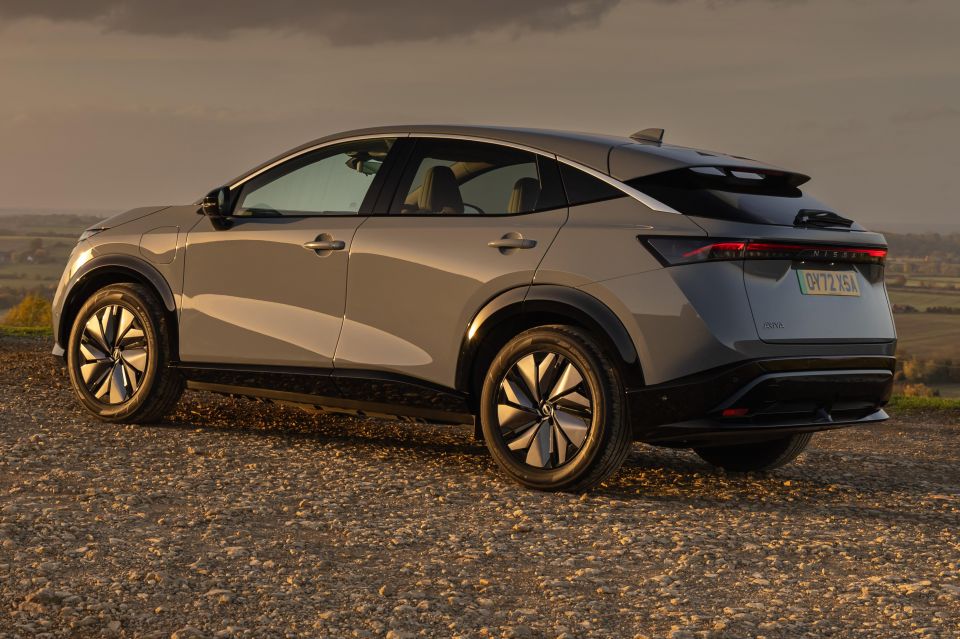
It is, however, introducing new federal emissions regulations in the form of the New Vehicle Efficiency Standard (NVES), which comes into effect on January 1, 2025. Penalties will come into effect from July 1.
Carmakers will be penalised $100 per g/km on every vehicle which exceeds the CO2 tailpipe emissions targets, though the CO2 limits differ between Type 1 (cars, people movers, “light off-road passenger vehicles) and Type 2 category vehicles (utes, vans, “heavy off-road passenger vehicles”).
If companies want to sell large, higher-emitting vehicles – like Nissan’s own Patrol – they’ll need to offset these with lower-emission vehicles such as EVs.
Nissan has only one EV in Australia at the moment – the Leaf – but production of this model has now ceased in the UK.
MORE: Everything Nissan Ariya
Where expert car reviews meet expert car buying – CarExpert gives you trusted advice, personalised service and real savings on your next new car.
William Stopford is an automotive journalist based in Brisbane, Australia. William is a Business/Journalism graduate from the Queensland University of Technology who loves to travel, briefly lived in the US, and has a particular interest in the American car industry.


Max Davies
5 Days Ago
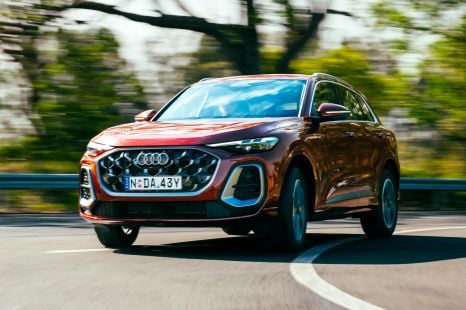

James Wong
4 Days Ago
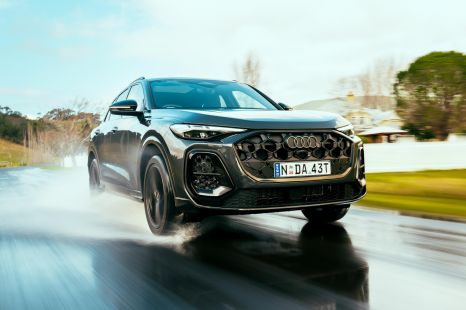

James Wong
3 Days Ago
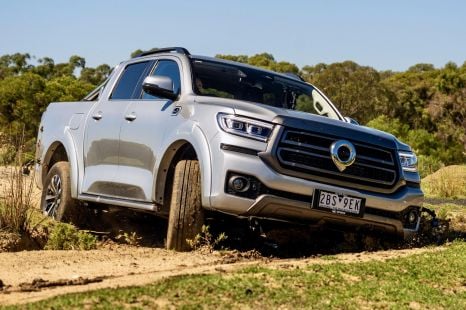

Max Davies
2 Days Ago


James Wong
16 Hours Ago
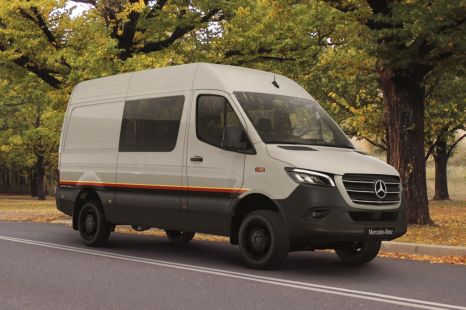

Marton Pettendy
16 Hours Ago